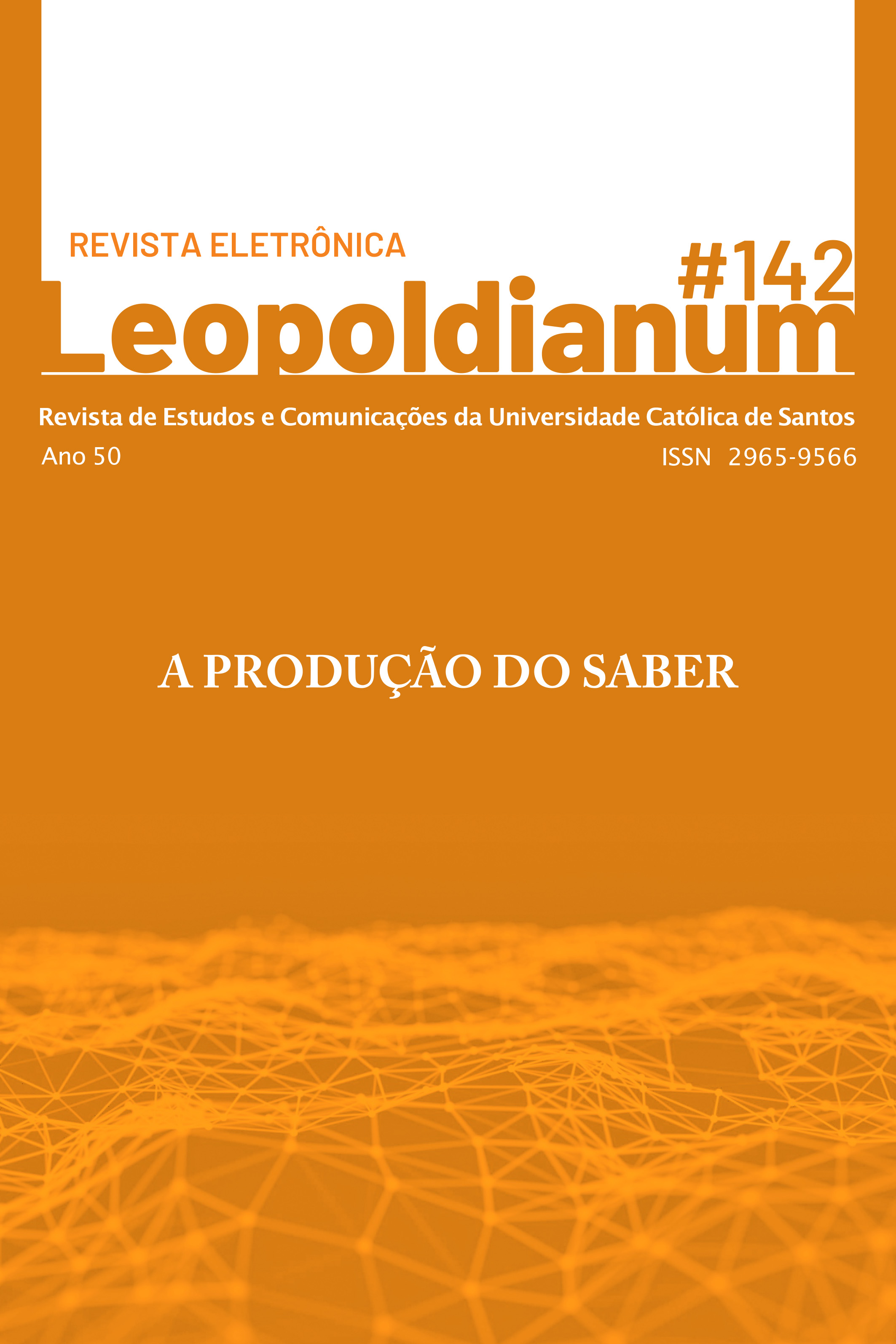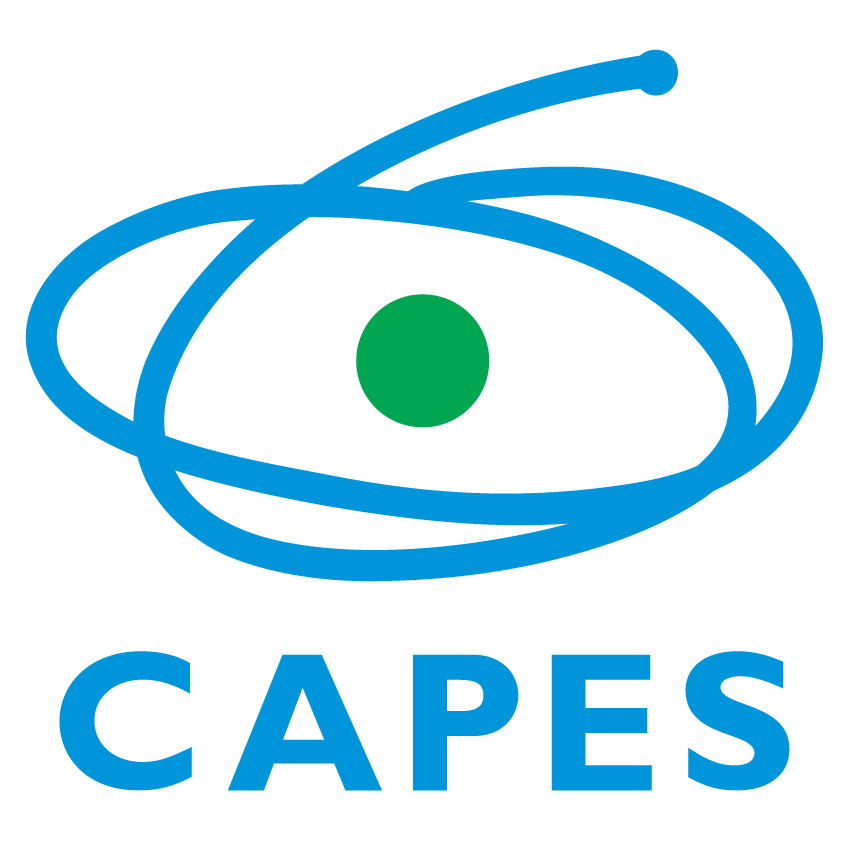PROFESSIONAL QUALIFICATION PROGRAM IN FOOD AND BEVERAGE AT THE ESTAÇÃO BISTRÔ SCHOOL-RESTAURANT:
CHALLENGES, ADVANCES, AND INITIATIVES FOR EQUITY AND SOCIAL INCLUSION
DOI:
https://doi.org/10.58422/releo2024.e1668Abstract
The implementation of public policies aimed at improving the employability of young people in vulnerable situations is essential to mitigate the impacts of social determinants, especially the lack of access to quality education. In this context, the partnership between the Catholic University of Santos (UniSantos) and the Municipal Government of Santos (PMS) resulted in the creation of the Estação Bistrô School-Restaurant, an innovative initiative that offers not only a quality gastronomic experience but also a practical learning environment within a framework of social inclusion. Located in the historic Valongo Station building, the program has benefited over 500 young people through its 19 semester classes, of which 379 students showed remarkable dedication to completing the program. These participants developed skills in culinary arts and customer service, facing real market challenges and preparing for entry into the job market. However, the program faces challenges, such as a dropout rate of 33.67%, mainly attributed to fragile social support. Despite these difficulties, the initiative represents an investment in the future, promoting opportunities and contributing to the construction of a more inclusive society.
Key Words: Social Vulnerability; Social Programs; Vocational Education.
Downloads
Published
Issue
Section
License

This work is licensed under a Creative Commons Attribution 4.0 International License.
A Revista Eletrônica Leopoldianum - Revista de Estudos e Comunicações da Universidade Católica de Santos (ISSN: 2965-9566) é detentora dos direitos autorais de todos os artigos publicados por ela. A reprodução total dos textos em outras publicações, ou para qualquer outro fim, por quaisquer meios, requer autorização por escrito do editor. Reproduções parciais de artigos (resumo, abstract, mais de 500 palavras de texto, tabelas, figuras e outras ilustrações) deverão ter permissão por escrito do editor e dos autores.












